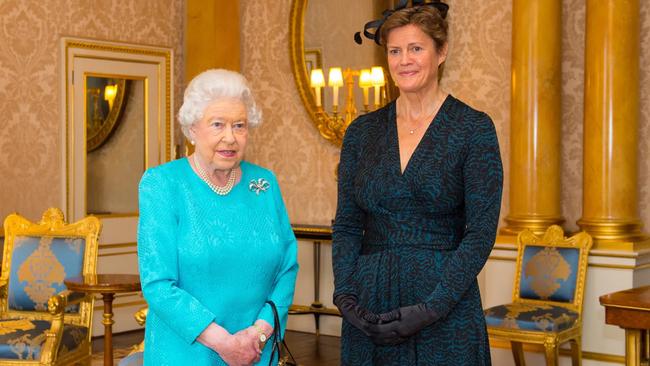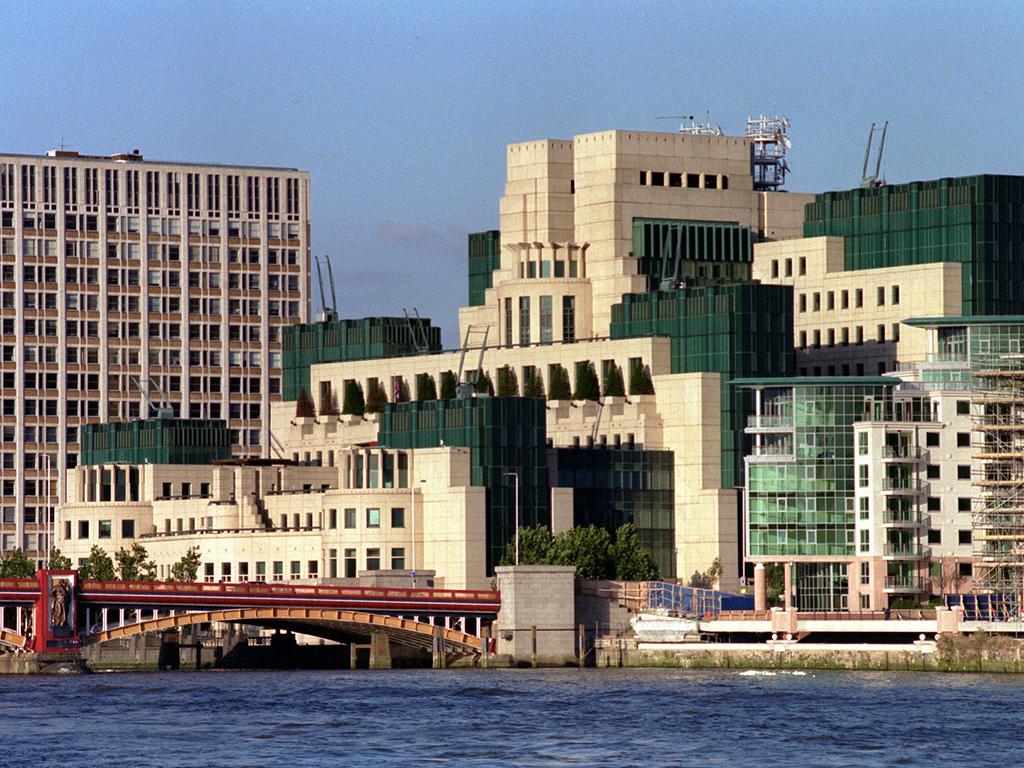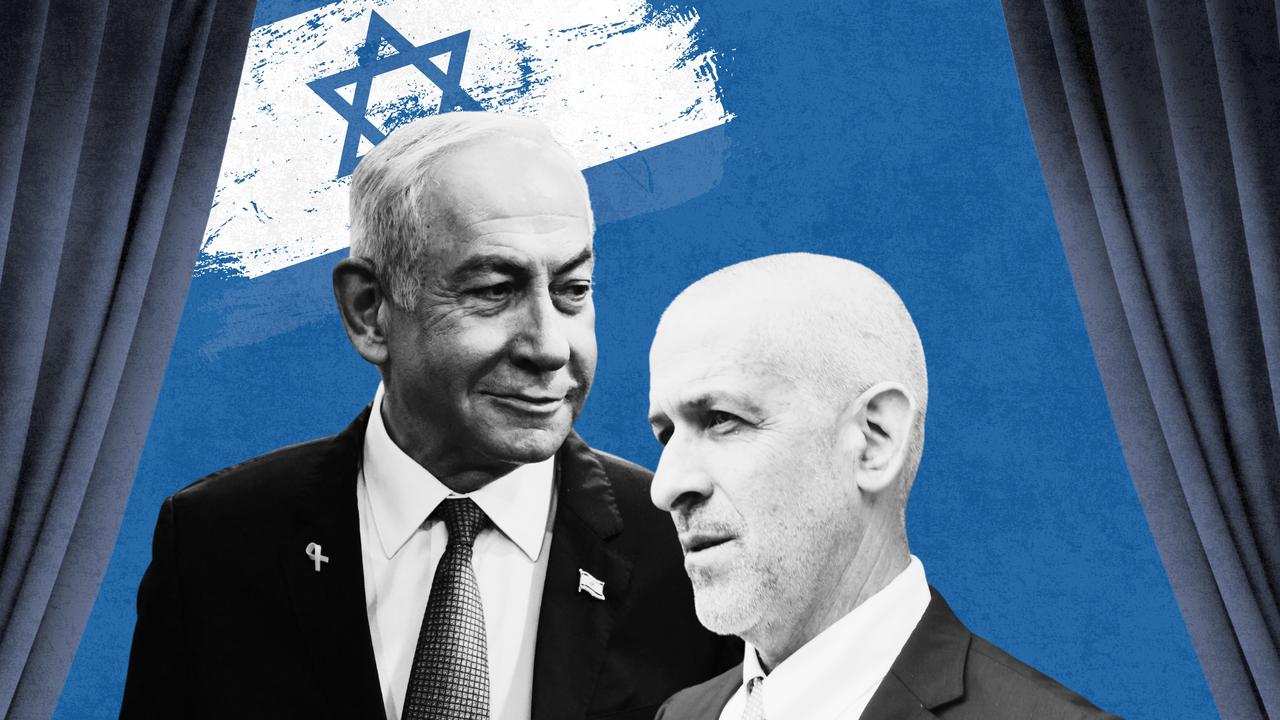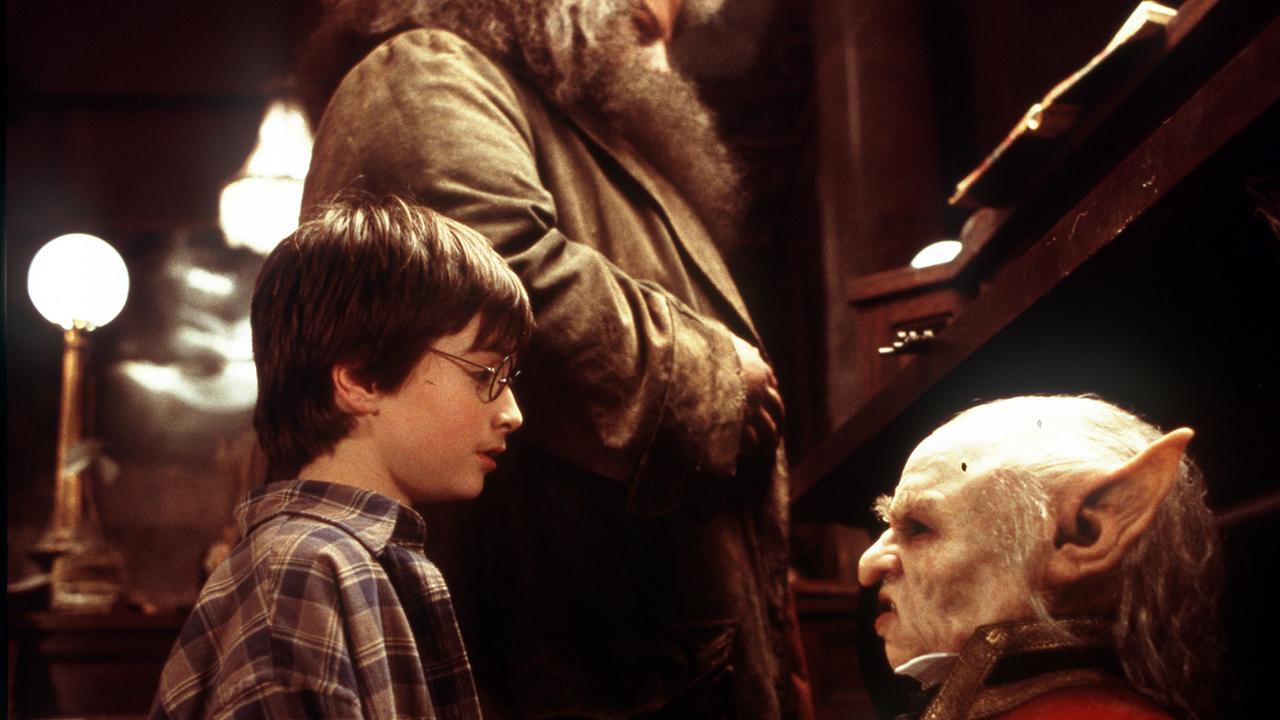‘Beijing Barbara’ Woodward leads race to be first female MI6 chief
Dame Barbara Woodward, Britain’s ambassador to the UN, is the runaway favourite to head the foreign intelligence service MI6. Yet critics say she is too sympathetic to China.

Many years after Dame Judi Dench became 007’s boss on film, a woman is to take charge of MI6 for the first time in the history of the Secret Intelligence Service.
Interviews for the post took place last week and the final three candidates are all women – two of them MI6 officers. MI6 chief Sir Richard Moore is due to stand down in the northern autumn after five years in charge.
Dame Barbara Woodward, Britain’s ambassador to the UN and the most senior woman in the Foreign Office, is the runaway favourite for the job. Yet critics say she is too sympathetic to China and is understood to have no previous intelligence experience at a time of aggressive Beijing spying operations in the UK.
They claim she was reluctant to voice any criticisms of the Chinese regime when ambassador in Beijing between 2015 and 2020. Those who support Dame Barbara say her experience in Beijing gives her a unique perspective.
“Beijing Barbara”, as she is known in Whitehall, clashed with foreign secretaries over her approach to the oppression of the Uighur people in Xinjiang, widely described as genocide.
Dame Barbara, 63, was also in the post when the Chinese government sanctioned five MPs and two peers for criticising the regime’s treatment of the Uighurs. One of those sanctioned said she “did absolutely nothing to help”.
When she left Beijing, Dame Barbara gave an interview to the English-language Chinese newspaper Global Times, saying independence for Taiwan was not an option.
The other two finalists for the job cannot be named because they are intelligence officers whose identities have not been made public – which would change if they got the top job.
Sir Iain Duncan Smith, the former Tory leader who was also sanctioned by China, said: “This appointment is of the greatest importance to our security and any ambivalence toward the enormous threat that China poses will end in disaster for the UK.
“Those of us sanctioned and attacked by the Chinese state apparatus on a regular basis will have concerns that she was less than robust about Chinese actions and only raised Xinjiang and the Uighur when she left China.”
In recent months the security services have alleged that Chinese spies have penetrated the inner circle of the Duke of York, infiltrated political circles, hacked businesses and attacked Hong Kong dissidents in the UK. Intelligence officials say Chinese spying activity is on an industrial scale.
Insiders said Dame Barbara had been asked to apply because there was no standout internal candidate to replace Sir Richard, who had served MI6 undercover in Vietnam, Turkey, Pakistan and Malaysia before becoming British ambassador to Turkey.
Dame Barbara read history at St Andrews University followed by an international relations master’s degree at Yale. She taught English in China and joined the Foreign Office in 1994. From 2009-11, she was international director of the UK Border Agency.
The secret service, which focuses on gathering intelligence overseas, has had 17 male chiefs since 1909, each referred to as “C” after the first, Sir Mansfield Smith-Cumming. Ian Fleming renamed the spy chief “M” for his Bond books, Smith-Cumming’s other initial. MI5, the security service that runs counterintelligence operations in the UK, has had two female bosses: Dame Stella Rimington in 1992 and Eliza Manningham-Buller from 2002-07.
But there are concerns MI6 is losing its cutting edge in a world where the vast bulk of actionable intelligence is gathered by the GCHQ listening station in Cheltenham. “They have lost their way,” a former intelligence officer said. “They’ve become a more discreet version of the Foreign Office. They seem to have forgotten that their job is agent handling and running and recruiting.”
Security sources claimed a former MI6 officer on the long list for the director-general’s job called for a return to classic recruitment of penetration agents. “He basically said: ‘Your organisation needs a complete reset’,” a source said. He did not make the shortlist.
The winner will be decided by Sir Keir Starmer based on the recommendation of an expert board that includes Foreign Secretary David Lammy and National Security Adviser Jonathan Powell. But the presence on the panel of Sir Oliver Robbins, the chief mandarin at the Foreign Office, has also raised eyebrows.
The Times






To join the conversation, please log in. Don't have an account? Register
Join the conversation, you are commenting as Logout